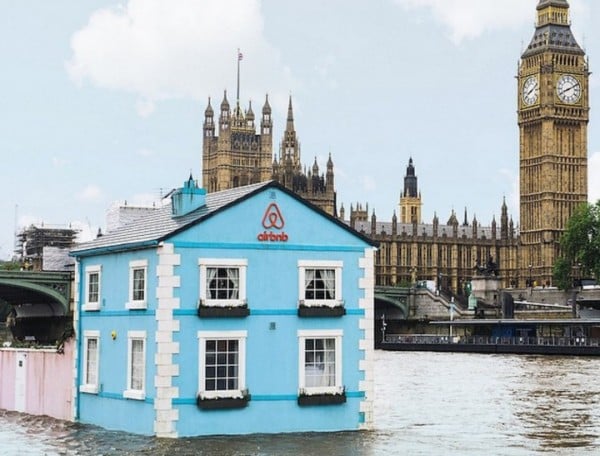
What happens if you have an accident and die in an Airbnb rental?
American man Zac Stone’s harrowing account of his father’s death at a rented cottage in Texas has prompted many to ask themselves that question.
Mr Stone’s father died after falling from a rope swing and hitting his head while staying at the property they found on the popular online home-sharing platform touted as an alternative to traditional hotels.

"When my father decided to give it a try on Thanksgiving morning, the trunk it was tied to broke in half and fell on his head, immediately ending most of his brain activity," Mr Stone wrote for online magazine Matter.
Top Comments
I think it is just a horrible accident. It's not a hotel run by a company, like InterContinental, Hilton or Marriott. It's a private home being let for people to stay in. Big difference. They should't have to pay out a lump sum. Horrible, sad accidents are what life insurance is for. If any change is required, maybe real estate rental standards should apply - if an inspection says it is fit to rent, then it's fit for Air BnB.
You can't rent out a house with a tire swing if the tree is rotted - you are putting people in danger. Similarly, you couldn't rent out a house with a balcony that was rotted through or had some other flaw that you ought to have been aware of, which poses danger. That's literally why people have public liability insurance.